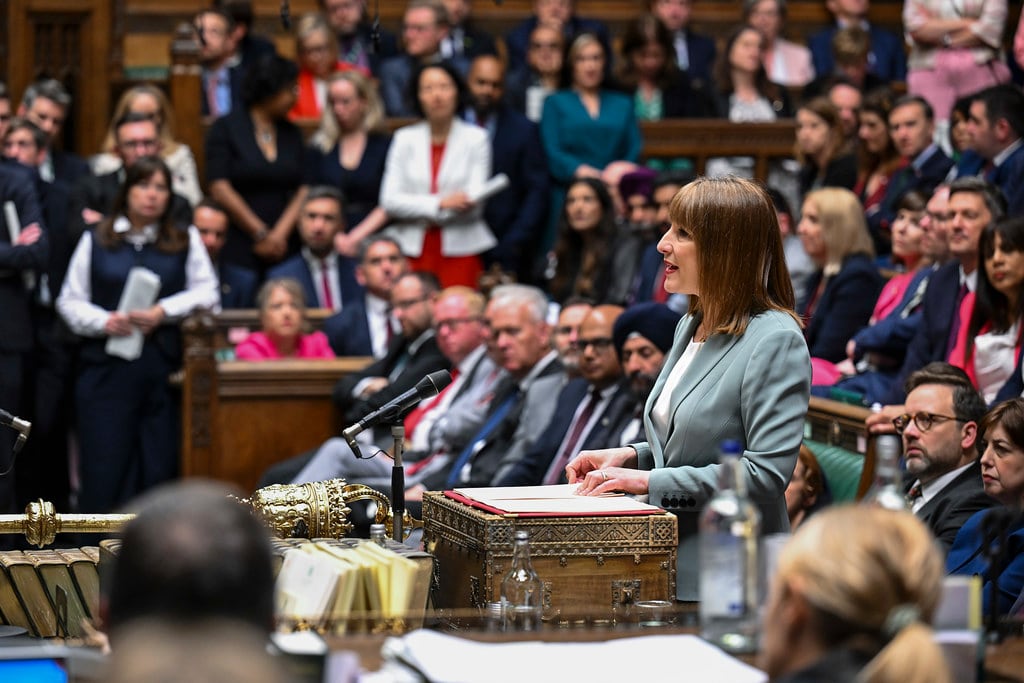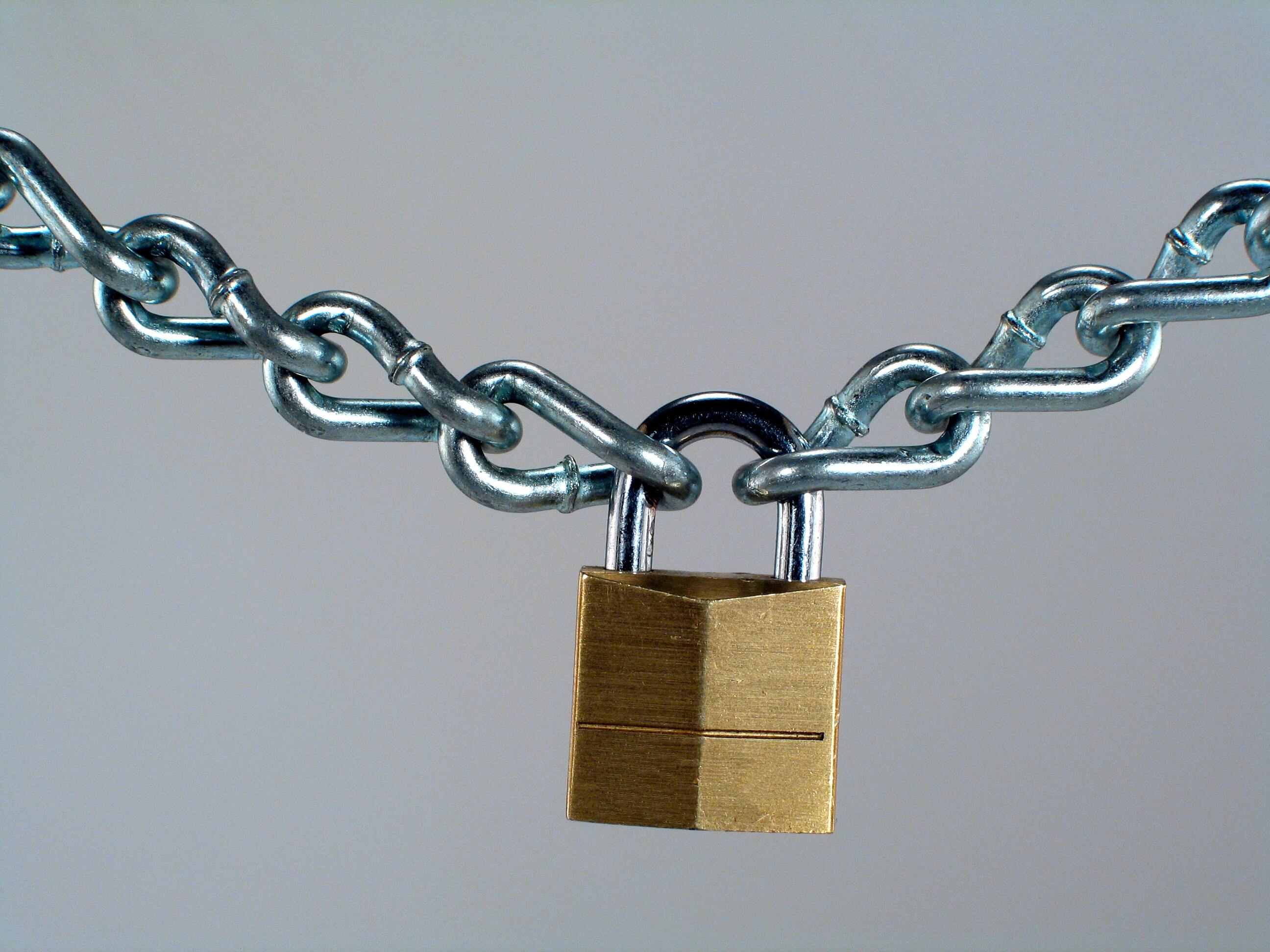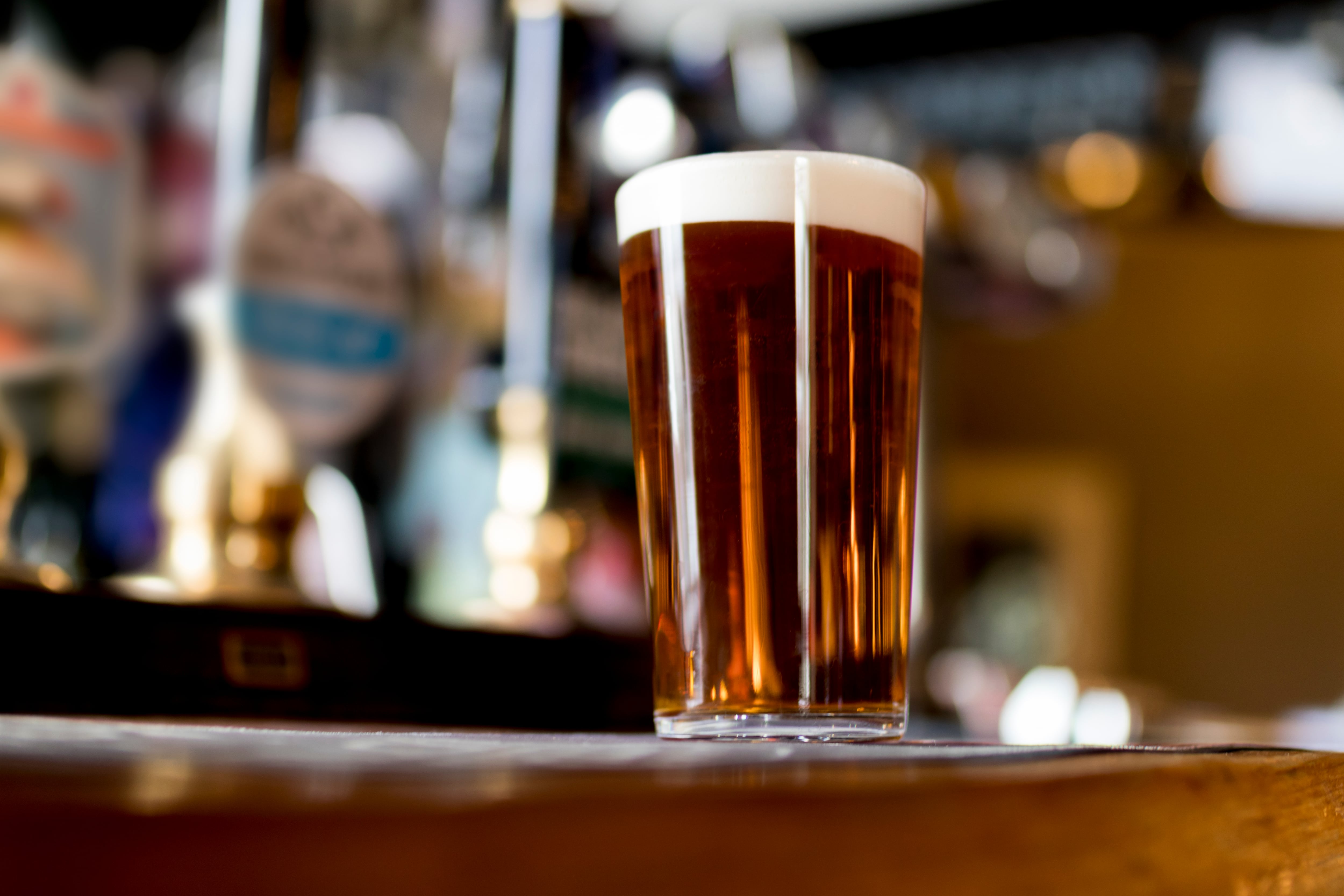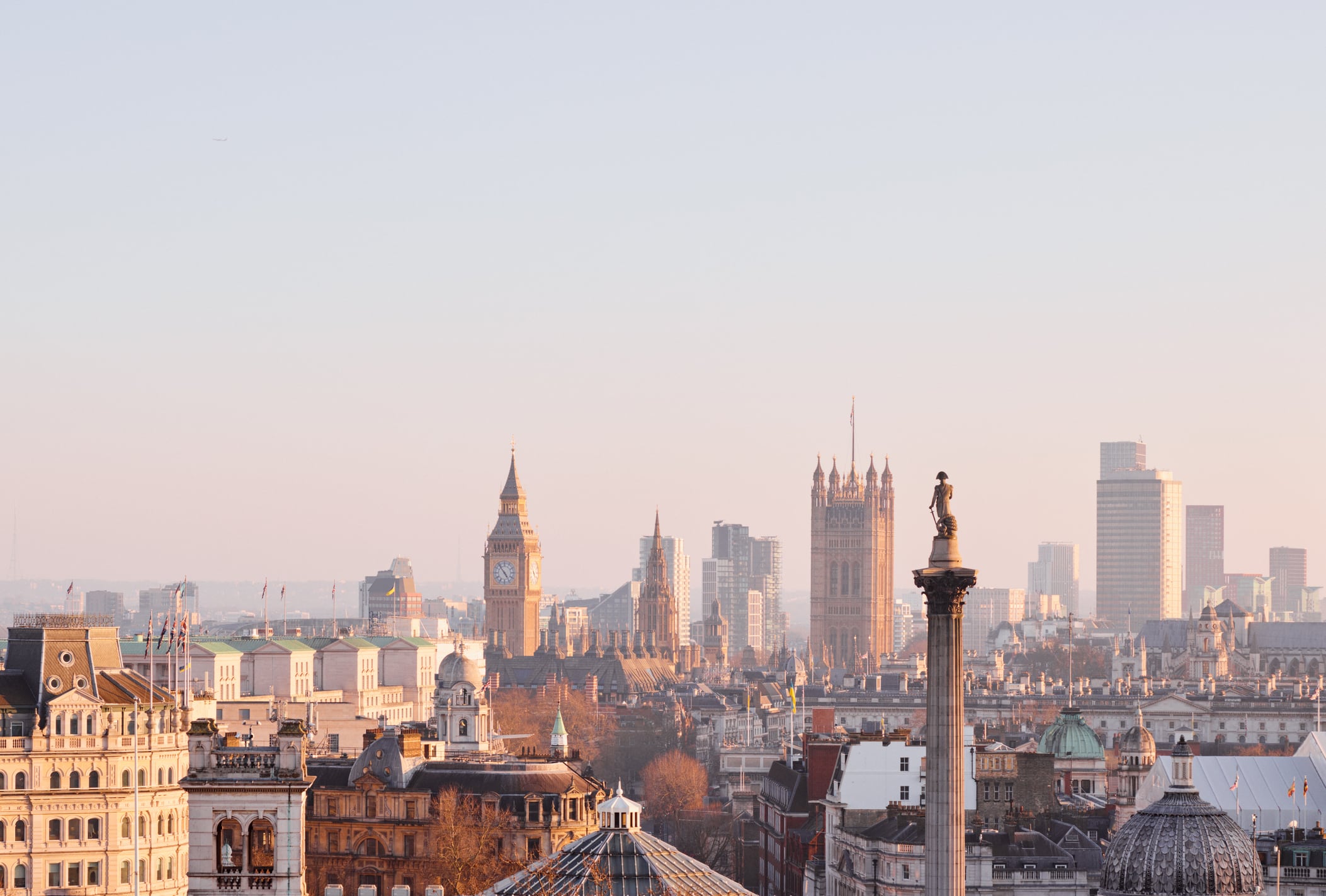The move marks the lowest rates since 1991, funded by higher rates on properties worth more than £500k.
Speaking in Parliament, the Chancellor said:
“To support our high streets, I am announcing a package of regulatory changes as called for by UKHospitality and the British Retail Consortium. I will support the great British pub through our new national licensing framework, encouraging councils to back our pubs and to back late night venues with greater freedoms. For business rates, I will introduce permanently lower tax rates for more than 750,000 retail, hospitality and leisure properties, the lowest rates since 1991, paid for through higher rates on properties worth more than £500,000, like the warehouses used by online giants.“
£4.3bn support
Reeves also confirmed a £4.3bn support package over the next three years for any site facing a large increase in its rates bill.
This sits alongside wider regulatory reforms and a new national licensing framework intended to support pubs and late night venues, with councils encouraged to back pubs.
“Alongside this, I will introduce a package of support worth more than £4.3bn over the next three years for a property of any size seeing a large increase in their bill," Reeves said. “To support a level playing field in retail, I will stop online firms from undercutting our high street businesses by ensuring customs duty applies on parcels of any value.”
2026 revaluation
The Budget includes a new transitional relief scheme that will cap bill increases following the 2026 revaluation. The Government said the package is designed to prevent sharp rises for businesses facing significant uplifts in rateable value.
Business rates receipts are forecast to fall by an average of £1.2 billion between 2026 and 2029 due to the combined effect of the multiplier reforms and relief measures. Some local authorities will continue to retain a higher share of business rates revenue.
Despite these changes, revenue from business rates is expected to increase in 2025 and 2026 as CPI inflation pushes up the standard multiplier and as reliefs for retail, hospitality and leisure become less generous than last year. A further increase is expected in 2026 and 2027 following the April 2026 revaluation and a 3.75% rise in gross rates yield.





